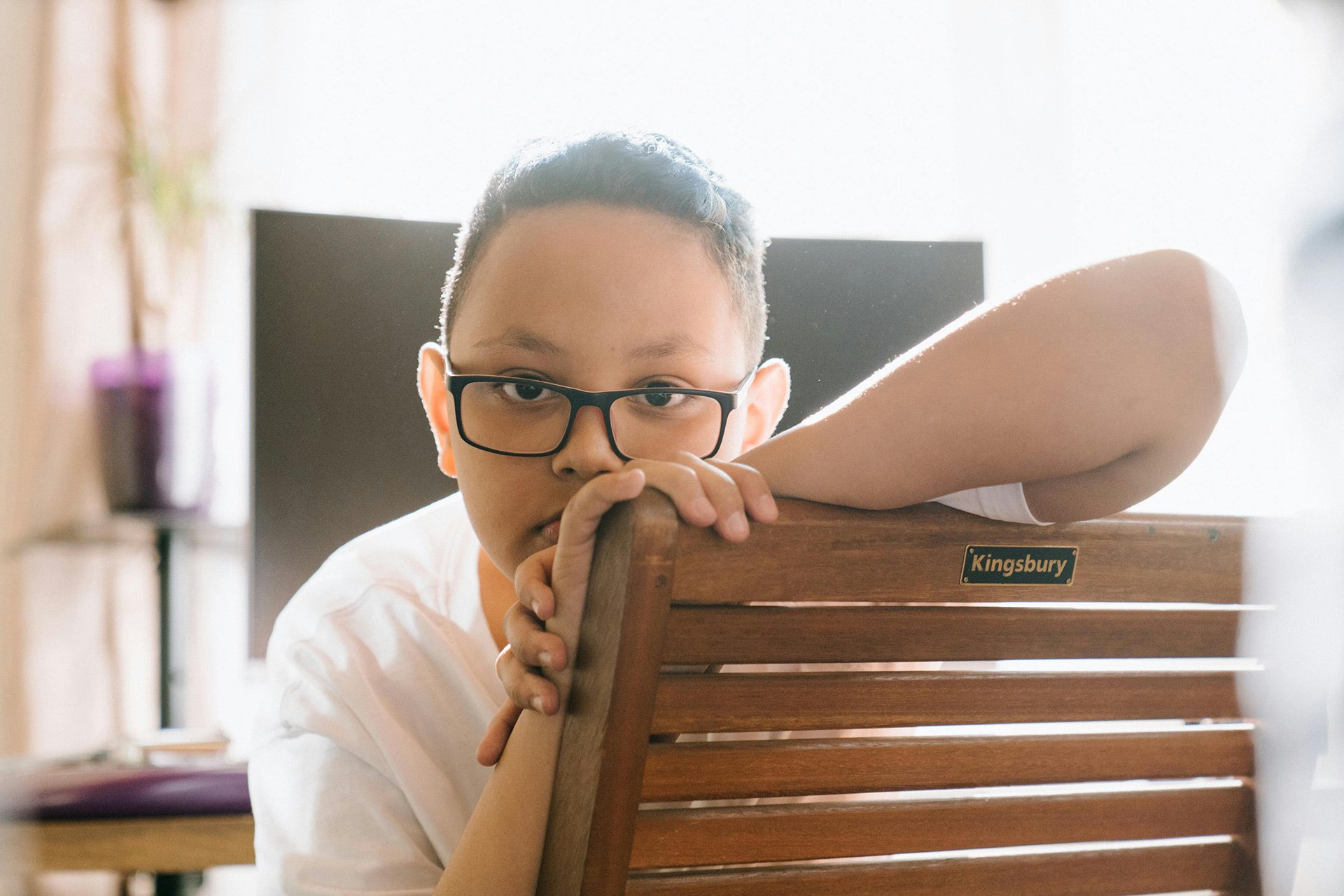
Did you know that up to 27 million people are victims of human trafficking throughout the world? As we observe Human Trafficking Prevention Month, it’s crucial to shed light on this pervasive and devastating crime that affects millions of young lives. Human trafficking is a grave violation of human rights, and understanding its dynamics is the first step toward prevention.
What is Human Trafficking?
Human trafficking involves the recruitment, transportation, transfer, harboring, or receipt of people through force, coercion, or deception for the purpose of exploitation. It is a complex and secretive crime that takes various forms, including sex trafficking, forced labor, and child exploitation. Traffickers exploit vulnerabilities, preying on people who are poor, marginalized, or seeking to escape other challenges.
In order to understand the risks involved, it is key to be aware of the different forms of human trafficking. Sex trafficking involves the exploitation of individuals through forced or coerced commercial sex acts, while labor trafficking entails the exploitation of individuals for forced or slave labor. Child trafficking specifically targets minors for various forms of exploitation, including forced labor and sexual exploitation.
How To Recognize the Signs of Human Trafficking
Some common indicators include:
- Unexplained injuries, signs of physical abuse or restraint, malnourishment, and poor hygiene.
- Fear, anxiety, depression, submissive behavior, or signs of loyalty to the trafficker.
- Victims may be unable to speak for themselves, and their communications may be controlled or monitored.
- Victims may have few personal belongings and no control over their finances.
- Victims might not be able to come and go as they please. Be on the lookout if someone is unable to move freely.
- To identify exploitative labor situations, be aware that victims might work excessively long hours, might be in unsafe working conditions, or work without pay.
What To Do If You Meet a Victim
If someone you know or encounter displays the signs of human trafficking, resist the temptation to tell them that you are suspicious – and absolutely do not confront a possible trafficker. This is for your own safety.
Instead, report suspected instances of human trafficking to local law enforcement or call 1-866-347-2423 to report suspicious criminal activity to the Department of Homeland Security’s Tip Line. The Tip Line is answered 24 hours a day, seven days a week, every day of the year.
You can get help from the National Human Trafficking Hotline by calling 1-888-373-7888 or texting HELP or INFO to BeFree (233733). Hotline specialists can help connect victims with service providers in their local area.
How To Inform Young People About Human Trafficking
Talk to your children about human trafficking in an age-appropriate manner. Be patient and creative in an environment where open conversations are encouraged. Assure them that they can always come to you with concerns or questions. It is important to help children with safe internet usage, as the internet has become a significant tool for traffickers to recruit victims. Educate your children about online safety, the dangers of sharing personal information, and the importance of reporting any suspicious online activity. Encourage a healthy skepticism about online relationships. Keep an eye on your children’s social media accounts. Traffickers often exploit vulnerable individuals through social media platforms. Be aware of who your children interact with online, and discuss the potential risks of sharing personal information.
Educate your children about recruitment tactics. Traffickers use various tactics to lure victims, including false job offers, promises of a better life, or romantic relationships. Educate your family about these tactics, emphasizing the importance of skepticism and critical thinking. Find and share survivor stories with your family to humanize the issue and help them understand how trafficking works on a relatable level. Seeing the real impact of human trafficking can instill empathy and a sense of responsibility to address this crime.
Human trafficking may seem invisible, but in reality, it is a pervasive crime that requires collective awareness, vigilance, and action. It is families’ responsibility to educate themselves, engage in open conversations, and foster an environment of safety and support. By understanding the signs of human trafficking, teaching children about online safety, and actively participating in prevention efforts, we contribute to a world where exploitation is eradicated and every individual can live a life free from the shadows of trafficking. Join Maryvale in our ongoing commitment to protect vulnerable children and stand against this grave violation of human dignity.






